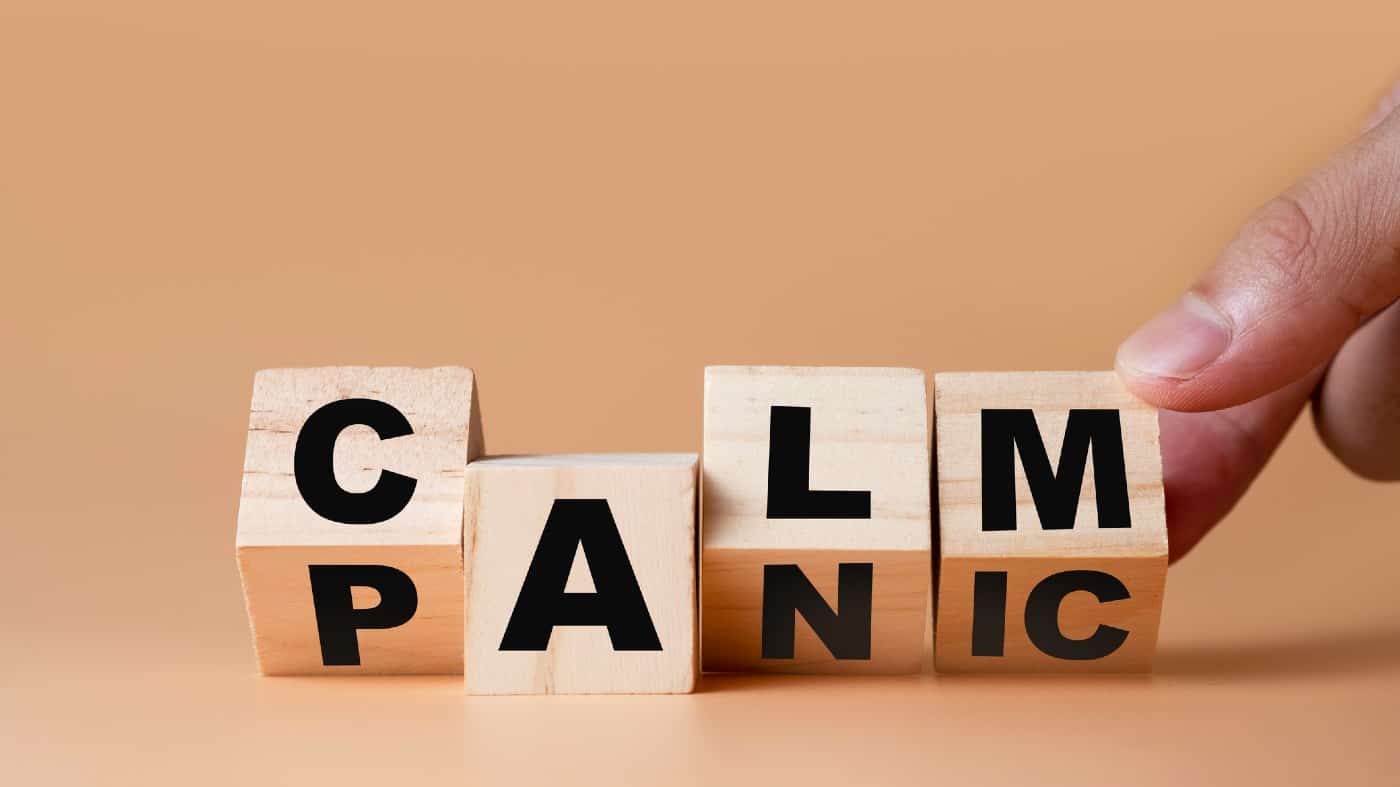Before anything else, let me just put this out there. I am not trying to fear-monger about an impending stock market crash. I’m just trying to plan scenarios. If we are, or intend to be, investors in the stock markets for the long term, we will see the dizzying highs, the crashing lows, and everything in-between. And planning for them, in my view, could help us make the most of them.
The reason, however, that I mention the stock market crash today is this. The markets are in a period of correction. From its highs in February, the FTSE 100 index had fallen by 10% earlier this week to sub-7,000 levels. It has recovered a bit since, but I do not think we should assume it is out of the woods.
No ceasefire between Russia and Ukraine
The biggest reason for this is, of course, the fact that Russia’s invasion of Ukraine is still very much on. Ceasefire talks so far have yielded no results. Not only is it a tragic human crisis, it has very real economic consequences far beyond the borders of the two countries involved.
Should you invest £1,000 in Aviva right now?
When investing expert Mark Rogers has a stock tip, it can pay to listen. After all, the flagship Motley Fool Share Advisor newsletter he has run for nearly a decade has provided thousands of paying members with top stock recommendations from the UK and US markets. And right now, Mark thinks there are 6 standout stocks that investors should consider buying. Want to see if Aviva made the list?
Commodity prices rise
The most obvious of these is the rise in commodity prices. Commodities are what in economics are called ‘primary goods’, which are often raw materials used to produce other goods. So as their prices rise, so do those of everything else. This means there are second and third round effects from their increase for inflation.
Oil prices are the most obvious and glaring example of this. This is because there are limited substitutes for oil, and it is a cost component for producing pretty much everything. Fuel prices were already spiralling upwards before the war started, and now there is a chance that they will rise even higher. This could impact companies’ financial balance sheets, their share prices, and even result in a market crash or at least an ongoing correction.
Social unrest to stock market crash
But if we have to contend only with high inflation, even that will be relatively lucky in my opinion. From continental Europe to the Middle East, there is news about potential social unrest if day-to-day goods and services become unaffordable. And in that scenario, we could be in for a serious stock market wobble.
What I’m doing now
But at the same time, history is testimony to the fact that the stock markets can not just survive but thrive after all kinds of wars and crises. And following from that, I reckon so can we as individual investors.
So I am following a three-pronged approach to investing now. I am buying good quality stocks, typically FTSE 100 ones, that I believe have dipped below their fair valuation in the current market rout. I am holding on to stocks that have dipped, that I believe can not just recover lost value but far surpass it in the months to come.
But, I am also ready to sell stocks whose future looks impossibly imperilled, like Russian companies that could be affected for a long time to come by sanctions on the country. Hopefully, though, the situation can still turn around. In other words, I am prepared for the worst, but I am still optimistic about what could happen!








